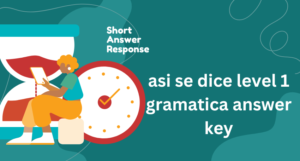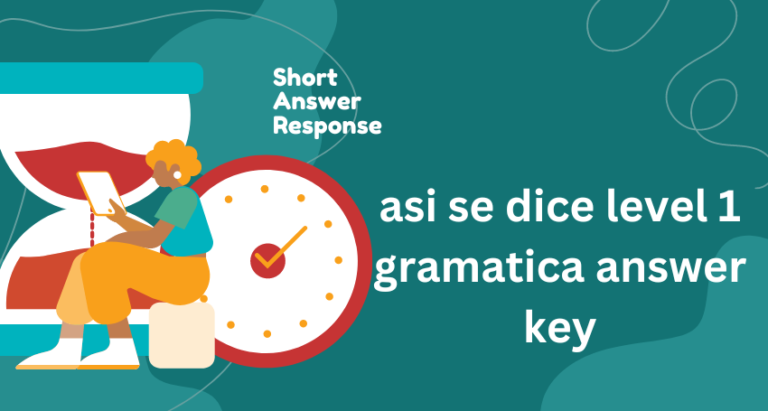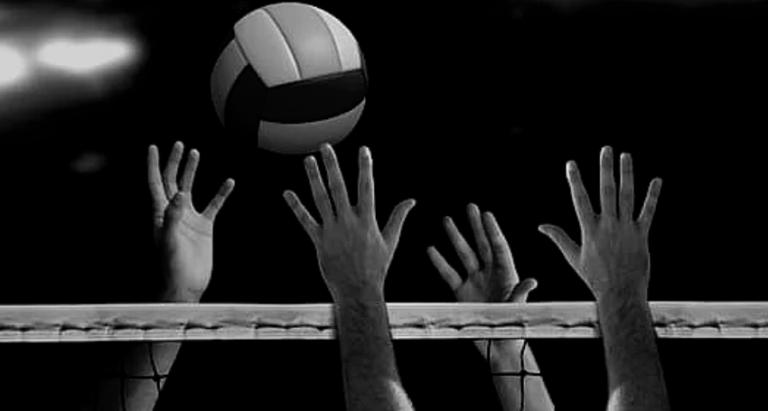In a world often obsessed with glamour and extravagance, there lies a beauty in simplicity. Our narrative unfolds to illuminate the life of a rejected lady who discovers solace and contentment in leading a modest existence.
Defining Rejection and Modest Living
Rejection, in its essence, refers to the act of refusing or dismissing someone or something. It can manifest in various forms, including social rejection, romantic rejection, or professional rejection.
Modest Living
Modest living entails a lifestyle characterized by simplicity, frugality, and contentment with one’s basic needs. It emphasizes the value of living within means and finding joy in the little things.
Relevance and Importance
In a society driven by materialism and social validation, the concept of modest living offers a refreshing perspective. It serves as a reminder that true happiness transcends material possessions and external approval.
Types and Categories of Rejection
Social rejection occurs when an individual is excluded or ostracized from social groups or communities. It can lead to feelings of loneliness and isolation.
Romantic Rejection
Romantic rejection involves the refusal or termination of a romantic relationship. It can be a painful experience, impacting one’s self-esteem and emotional well-being.
Professional Rejection
Professional rejection occurs in the context of career or job opportunities. It may involve being passed over for a promotion, receiving negative feedback, or facing unemployment.
Symptoms and Signs of Rejection
Individuals experiencing rejection may exhibit symptoms of emotional distress, such as sadness, anger, or anxiety.
Low Self-Esteem
Rejection can take a toll on self-esteem, leading to feelings of inadequacy or unworthiness.
Withdrawal
Some individuals may withdraw from social interactions or avoid new opportunities to protect themselves from further rejection.
Causes and Risk Factors
The fear of failure can hinder individuals from taking risks or pursuing their goals, increasing the likelihood of experiencing rejection.
Unrealistic Expectations
Setting unrealistic expectations for oneself or others can result in disappointment and eventual rejection.
Lack of Social Skills
Poor social skills or communication barriers may contribute to difficulties in forming meaningful connections, leading to social rejection.
Diagnosis and Tests
Diagnosing rejection is often subjective, relying on self-reporting of symptoms and observations of behavioral patterns. There are no standardized tests for measuring rejection, as it encompasses a broad range of emotional experiences.
Treatment Options
Engaging in self-reflection and acceptance can help individuals cope with rejection by fostering self-awareness and resilience.
Seeking Support
Seeking support from friends, family, or mental health professionals can provide emotional validation and guidance during challenging times.
Building Resilience
Developing resilience through positive coping mechanisms and adaptive strategies can strengthen one’s ability to bounce back from rejection.
Preventive Measures
Fostering a sense of self-worth independent of external validation can mitigate the impact of rejection on one’s self-esteem.
Developing Healthy Relationships
Building supportive and authentic relationships based on mutual respect and understanding can reduce the likelihood of social rejection.
Setting Realistic Expectations
Managing expectations and embracing failure as a natural part of life can lessen the fear of rejection and promote emotional resilience.
Personal Stories or Case Studies
Sarah, a young woman grappling with feelings of inadequacy, shares her journey of overcoming rejection through self-compassion and personal growth.
John’s Experience with Professional Rejection
John recounts his challenges in navigating professional rejection and how he used setbacks as opportunities for learning and professional development.
Expert Insights
“Rejection is a universal experience that can trigger profound emotional responses. It’s essential to acknowledge and process these feelings in a healthy manner to foster emotional well-being.”
Conclusion
In the tapestry of life, rejection serves as a thread woven into the fabric of human experience. By embracing modest living and finding beauty in simplicity, individuals can transcend the pain of rejection and discover a deeper sense of fulfillment and contentment.













+ There are no comments
Add yours